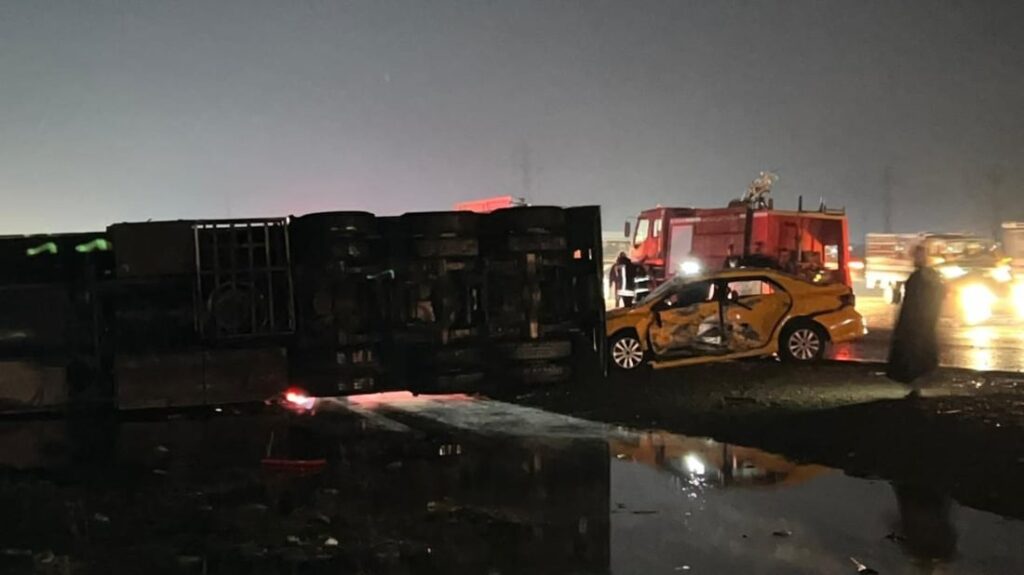Amnesty urges probe into ‘ruthless’ Iran protest killings

Amnesty International urged the United Nations on Wednesday to launch an inquiry into the killing of protesters by Iranian security forces, six months after they erupted over petrol prices.
The demonstrations broke out across Iran on November 15 after the announcement of a shock decision to hike the price of petrol by up to 200 percent.
They turned violent before being put down by security forces amid a near-total Internet blackout.
Iran has yet to issue an official death toll but has repeatedly dismissed what it has said are exaggerated tolls from hostile Western sources.
In a statement, Amnesty said it had evidence that 304 men, women and children were killed by Iran’s security forces during the “ruthless” crackdown.
The London-based human rights group said 220 of them died within two days, based on its research, including analysis of videos and photographs.
It said the “vast majority” were killed by the security forces whose use of force was “unlawful” as there was “no evidence that people were in possession of firearms or that they posed an imminent threat to life.”
Amnesty did note an exception, however, when protesters and security forces exchanged fire in one city.
It called on the United Nations Human Rights Council to mandate an inquiry into the November crackdown.
“Six months later, the devastated families of victims continue their struggle for truth and justice while facing intense harassment and intimidation from the authorities,” Amnesty’s Philip Luther said.
“The prevailing impunity afforded to the security forces allows the recurrence of lethal force to crush dissent,” he said.
“In the absence of any meaningful prospect for accountability at the national level, we reiterate our call to members of the UN Human Rights Council to mandate an inquiry into the killings, and identify pathways for truth, justice and reparations.”
Amnesty said that based on its analysis, security forces killed people in 37 cities across eight provinces.
It said this reflected the “widespread nature of the crackdown.”
The poverty-stricken suburbs around Tehran were hardest hit, with 163 killings, followed by the minority-populated provinces of Khuzestan and Kermanshah with 57 and 30, respectively, it said.
Amnesty said it had credible information confirming the deaths of 304 people, including 10 women and 23 children.
But it stressed the real death toll was likely to have been higher.
“In all but four cases, the victims were shot dead by Iranian security forces — including members of the Revolutionary Guards, paramilitary Basij forces and the police — firing live ammunition, often at the head or torso, indicating that they were shooting to kill,” Amnesty said.
“The organization is aware of scores of additional cases reported by activists, but assessed that it does not yet have sufficient reliable details.”

